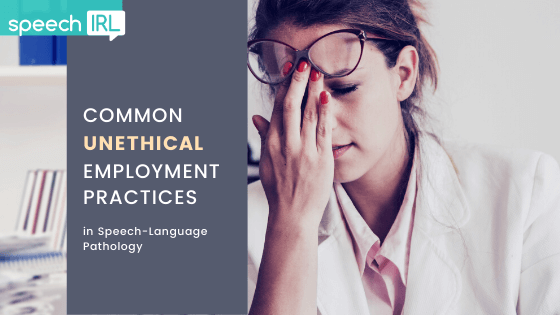SLPs are masters of goal writing. We spend literal years learning how to write specific-measurable-actionable-relevant-time-bound goals. We craft robust, descriptive targets in the restrictive ecosystem of IEP, insurance, and Medicare requirements.
Most SLPs I meet are never satisfied with their goal writing. This is a good thing! It’s a sign of how seriously we take goals and therapy plans, that we are always seeking ways to improve.
In the spirit of improvement, there’s something I want to call attention to in our standard practice goal writing: ableism.
We’re taught to write goals a certain way (SMART, IEP-compliant, etc.). Unfortunately, that “certain way” (that we’re shamed for not following, when in graduate school) is rooted in ableism. As our field grapples with how social justice issues apply in a speech therapy context, we need to examine why we write goals and how we write goals.
So, let’s start.
Read more






